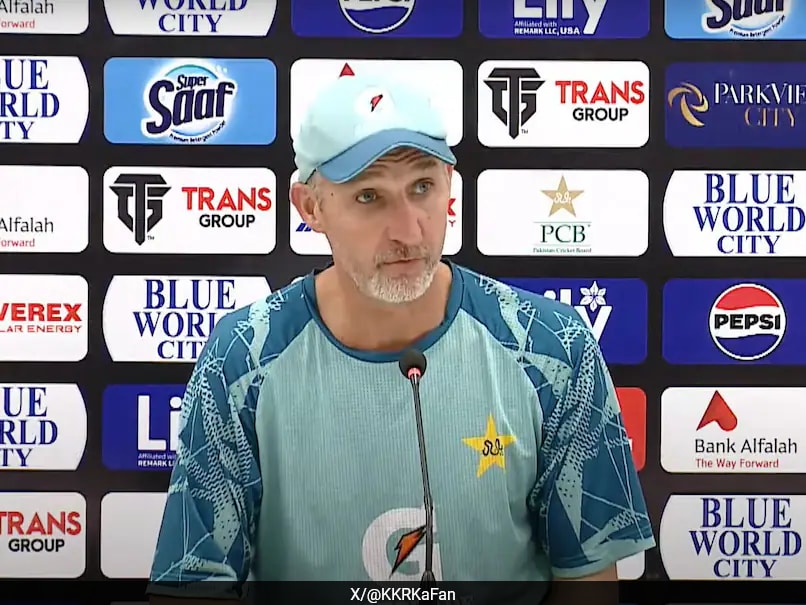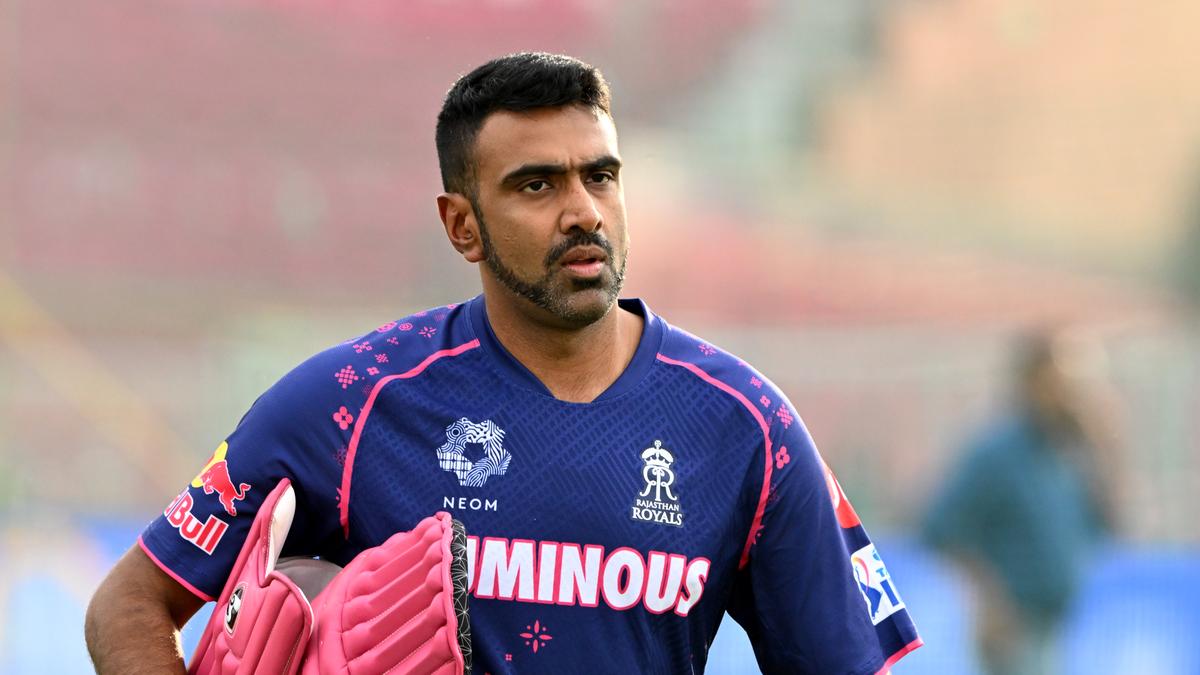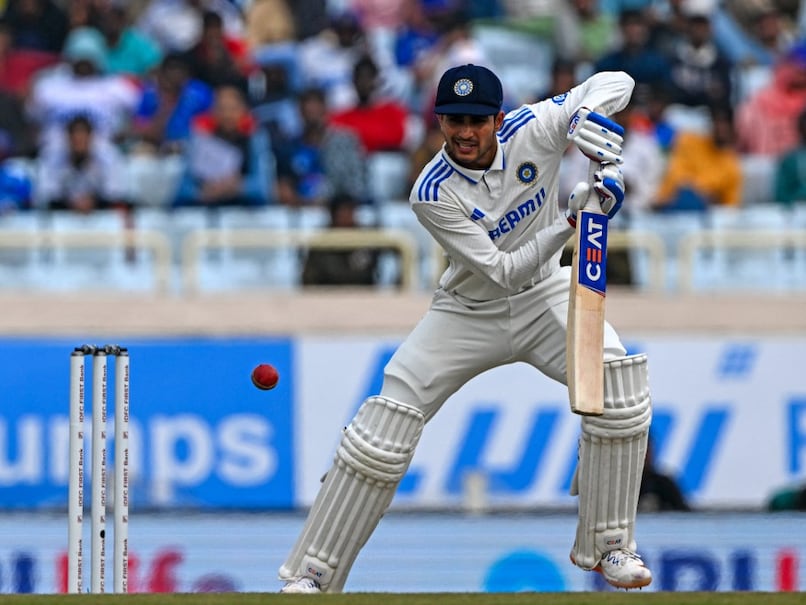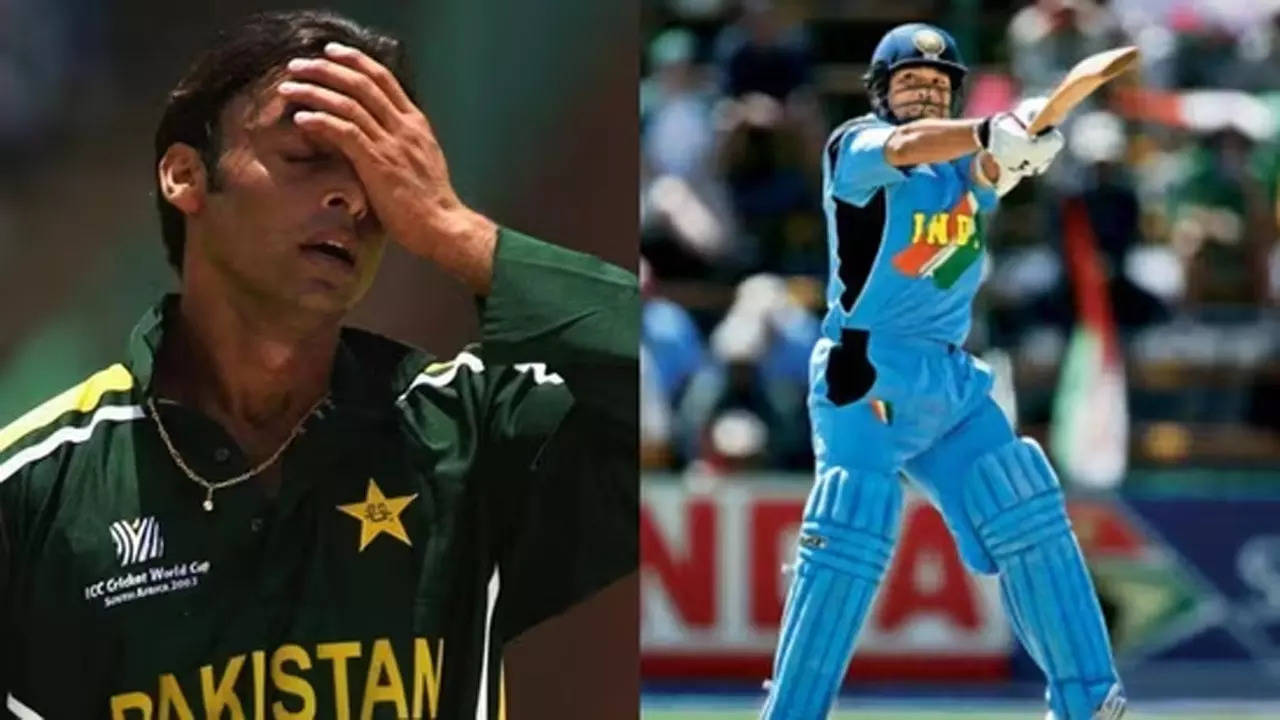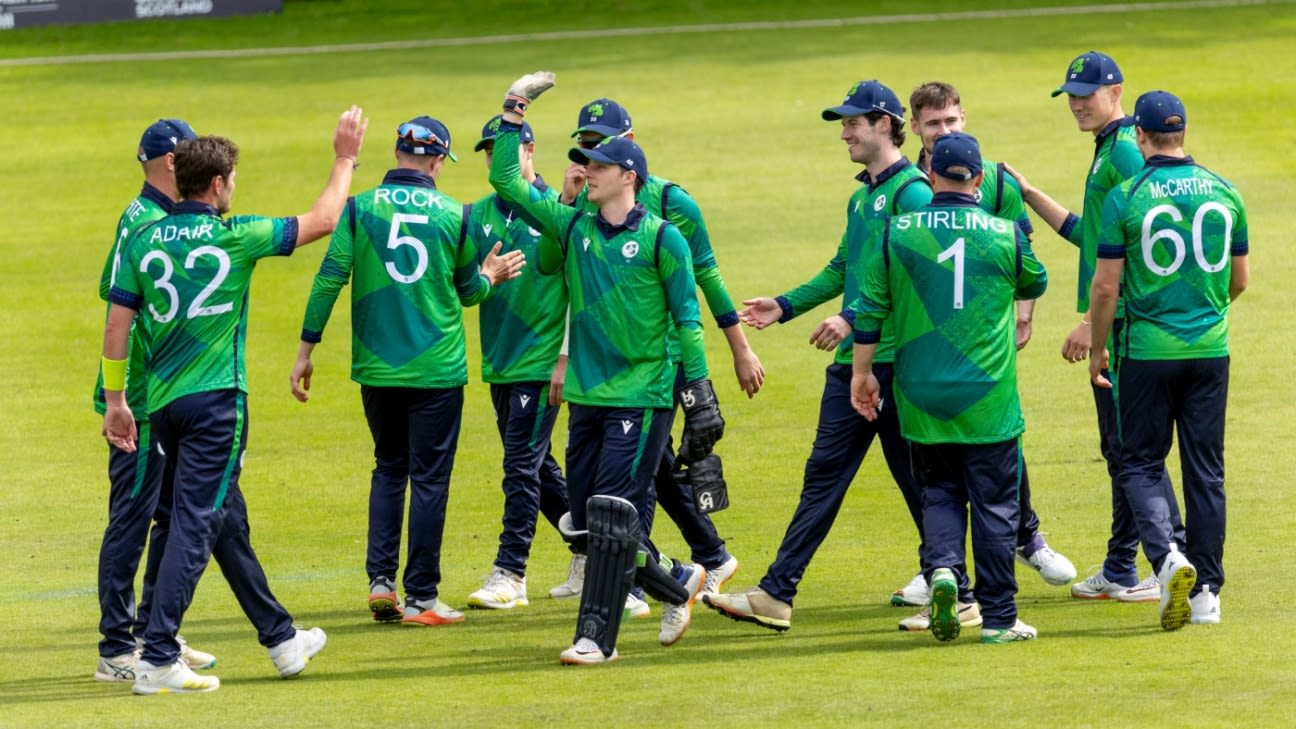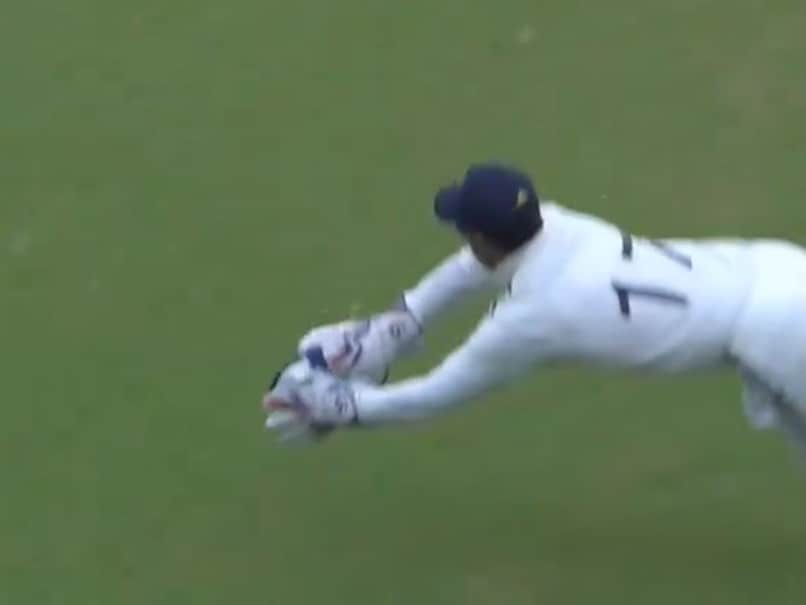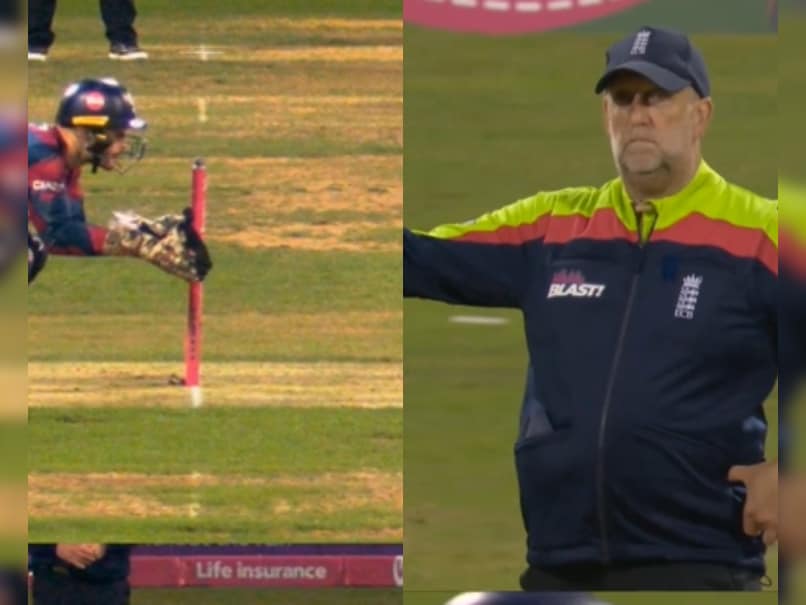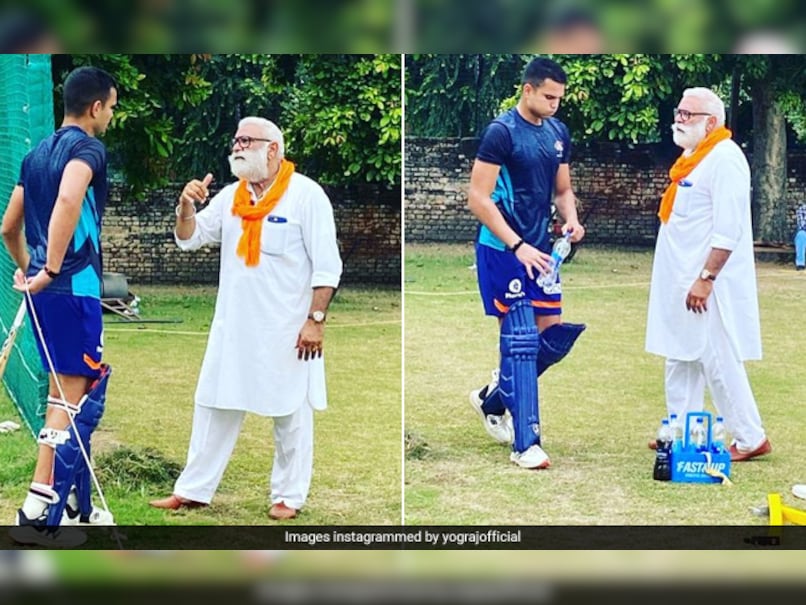Pakistan Cricket in Crisis After Bangladesh Sweep
Pakistan cricket is in a state of disarray following their humiliating 0-2 Test series defeat to Bangladesh at home. The loss marks the first time Pakistan has been swept at home by an Asian opponent, sending shockwaves through the cricketing fraternity.
Captain Shan Masood has faced the brunt of the criticism, but head coach Jason Gillespie has defended his leadership. Gillespie believes Masood has led the team well, but the players have simply not performed.
“Shan, I feel, has led the side very well. We just haven’t played well as a team and that’s the reality. We need to sharpen up on certain areas and we will sharpen up. I want to back and believe in these players, they are good enough,” Gillespie said.
Masood, for his part, remains confident in his ability to lead the team. He believes Pakistan is heading in the right direction, despite the recent setbacks.
“I am not worried for my job security. I took this job to make the changes we believe will help this team. If I believe this team can go in a certain direction, even if my personal failure takes Pakistan to that direction, I will be content. However much time I get, I’ll be grateful for and do my best,” Masood said.
Masood also highlighted the need for more Test experience within the team. He pointed to the fact that Bangladesh had several players with over 70 Tests of experience, while Pakistan lacked such depth.
“Bangladesh have two players who have played 70-90 Tests (Shakib Al Hasan and Mushfiqur Rahman), and Litton [Das] and Mehidy [Hasan Miraz] have played close to 40. We need the same level of red-ball exposure. Test cricket is the ultimate format of the game. You need experience. It’s obvious we need more Test and red-ball cricket,” he added.
The defeat to Bangladesh has raised serious questions about the future of Pakistan cricket. The team has now lost six consecutive Test series, and their ranking has plummeted to ninth in the world.
Gillespie and Masood have their work cut out for them if they are to turn things around. They need to find a way to improve the team’s performance on the field, and they need to do it quickly. Otherwise, Pakistan cricket could be in for a long and difficult period.

